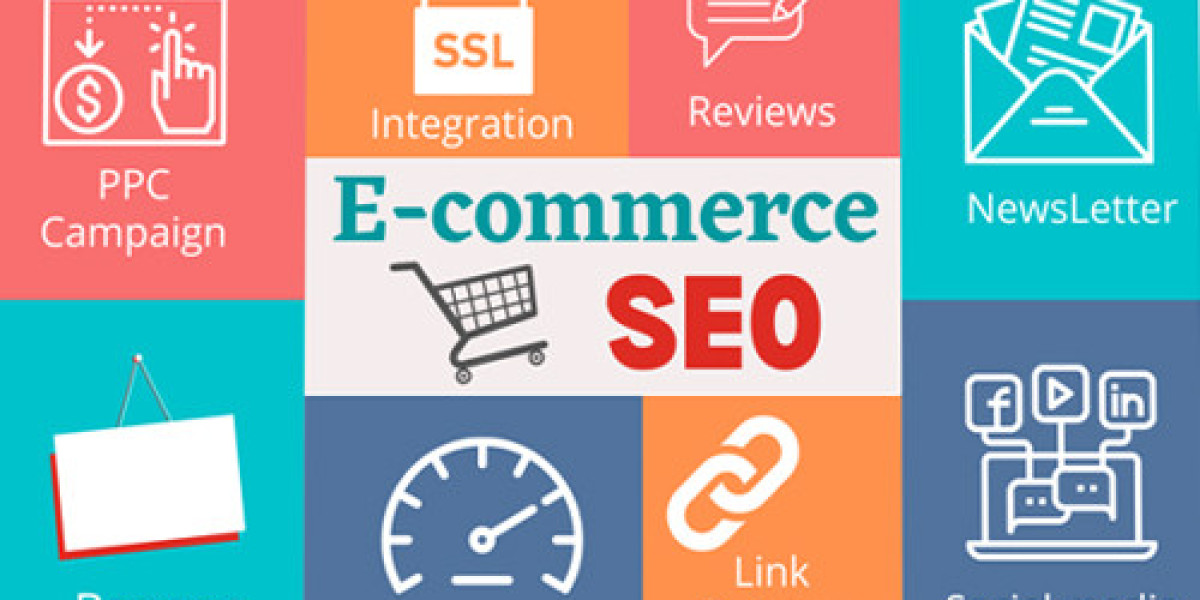When it comes to building an online store, selecting the right eCommerce platform is crucial. While Shopify is a popular choice for its ease of use and scalability, platforms like WooCommerce, Magento, and BigCommerce also offer unique advantages. However, one major factor that differentiates these platforms is SEO performance.
Each platform has its own strengths and limitations when it comes to search engine optimization. Understanding these differences can help businesses choose the best platform for ranking higher on Google and driving organic traffic.
SEO Strengths of Shopify
Shopify is designed to make running an online store as seamless as possible. Along with its user-friendly interface, the platform provides several built-in SEO features that give it an advantage over some competitors.
1. Built-in SEO Features
Unlike other platforms that require extensive customization for SEO, Shopify comes with several built-in SEO tools that simplify the process. These include:
Auto-generated sitemaps for easy indexing
Clean URL structure with descriptive slugs
Built-in 301 redirects for seamless navigation
Mobile-friendly design optimized for all devices
These features make SEO Shopify optimization more straightforward compared to other platforms that require additional plugins or manual configurations.
2. Easy-to-Manage Product Pages
One of Shopify’s biggest advantages is its simple product page management. The platform allows users to:
Optimize meta titles and descriptions for each product
Add alt text for product images to improve search visibility
Implement structured data for rich snippets and better search rankings
This ease of optimization makes Shopify an excellent choice for eCommerce businesses that want to improve their ecommerce SEO strategy without dealing with complex coding.
3. Fast Hosting Solutions
Website speed is a crucial ranking factor, and Shopify excels in this area. Since Shopify provides fully managed cloud-based hosting, its stores typically load faster than WooCommerce or Magento sites hosted on shared servers.
The platform's speed advantages include:
Built-in CDN (Content Delivery Network) for faster page loads
Automatic image compression to enhance performance
Optimized server response times for better user experience
With a faster-loading website, Shopify stores can reduce bounce rates and improve SEO rankings.
Common Shopify SEO Challenges
While Shopify offers several advantages, it also has some SEO limitations compared to other platforms. These challenges can impact search rankings if not properly addressed.
1. Duplicate Content Issues
Shopify automatically generates multiple URLs for product pages, leading to duplicate content problems. This can dilute SEO rankings if not handled correctly.
For example, a product page may have different URLs like:
www.store.com/products/product-name
www.store.com/collections/category/products/product-name
To fix this, Shopify users need to set canonical tags to tell search engines which version of the page should be indexed.
2. Limited URL Structure Control
Unlike WooCommerce or Magento, Shopify has a rigid URL structure that cannot be easily customized. Product and collection URLs always follow Shopify’s default structure, such as:
www.store.com/products/product-name
www.store.com/collections/collection-name
On other platforms like WooCommerce, users have full control over URL formatting, allowing for more SEO-friendly and keyword-rich structures.
How a Shopify SEO Agency Can Help Overcome These Challenges
Despite its limitations, Shopify can still be highly optimized for SEO with the right strategies. This is where a Shopify SEO agency can make a difference.
A specialized Shopify SEO agency can help:
Implement canonical tags to prevent duplicate content issues
Optimize structured data for rich snippets and higher CTR
Improve internal linking structure to boost rankings
Conduct keyword research to target high-converting search terms
Set up technical SEO fixes to enhance crawlability and indexing
By addressing these challenges, businesses can maximize their ecommerce SEO strategy and achieve better search engine rankings.
Key Takeaways:
Shopify ranks better than WooCommerce and Magento in terms of speed and built-in SEO features.
WooCommerce offers greater flexibility in URL structure but requires additional plugins for SEO.
Magento is highly customizable but demands advanced technical expertise for SEO optimization.
BigCommerce offers a balance of built-in SEO features and hosted speed, similar to Shopify.
Conclusion
Shopify is a powerful eCommerce platform that comes with built-in SEO features, fast hosting, and an easy-to-manage product structure. However, it does have some SEO limitations, such as duplicate content issues and restricted URL customization.
The good news is that with the right ecommerce SEO strategy, Shopify stores can overcome these challenges and achieve higher search rankings. Working with a Shopify SEO agency can provide the necessary technical expertise and strategic guidance to optimize your store for long-term success.
Ultimately, Shopify SEO can be just as effective—if not better—than other platforms when combined with the right optimization techniques. Whether you’re starting fresh or looking to improve your rankings, investing in SEO Shopify strategies is key to driving more organic traffic and increasing sales.







